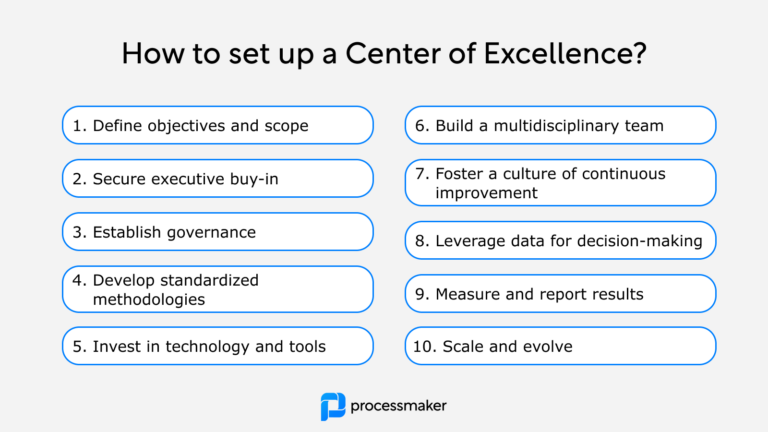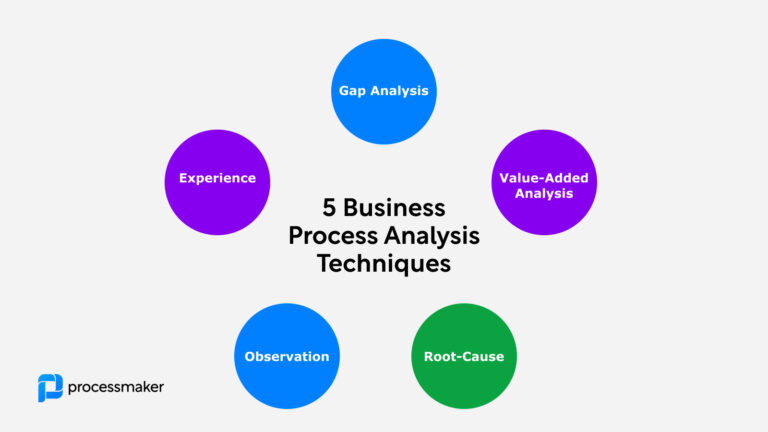In today’s intricate business landscape, strategic leadership is essential for ensuring operational efficiency and fostering growth. One key position in this framework is the global process owner (GPO), a pivotal figure in driving business process excellence and improvement. This article will explore the role of global process owners, their responsibilities, the teams they collaborate with, their impact on process excellence, the projects they spearhead, and the reasons companies rely on their expertise.
Who is a global process owner?
A global process owner is a high-level management role within an organization, responsible for the oversight and alignment of a specific business process across the entire company. This person provides a single point of accountability for the process’s effectiveness and efficiency across various geographical locations and departments. Their role is critical in establishing consistent and best-practice procedures that span across a global organization.
The responsibilities of a global process owner
A global process owner carries out a wide array of responsibilities. They take the lead in defining the strategy and design of the business process under their control, ensuring it aligns with the company’s overall strategic goals. They are responsible for managing process performance, identifying inefficiencies, driving continuous improvement, and ensuring the harmonization of the process across all regions and functions.
Another key responsibility of a GPO is to monitor and manage process metrics and key performance indicators (KPIs). They ensure the appropriate implementation of these metrics across the organization, tracking performance against these measures and using the data to inform process improvements.
Global process owners and their team
The global process owner often works with a dedicated team, typically comprising business analysts, process managers, and other process experts. This team collaborates to streamline and harmonize the specific business process across the organization. The GPO’s team also helps identify areas for improvement, develops standardized procedures, and ensures consistent process training and education throughout the company.
The role of GPOs in process excellence and improvement
global process owners play a pivotal role in driving process excellence within an organization. They oversee the standardization and harmonization of processes, reducing variation and inefficiencies, and promoting best practices. These could include process mapping projects, which help identify bottlenecks and inefficiencies; process redesign initiatives, where the process is fundamentally restructured to improve performance; and technology implementation projects, where new software or hardware is introduced to enhance process efficiency.
The GPO is integral in establishing a culture of continuous improvement, challenging existing processes, and pushing for innovative solutions to enhance efficiency, effectiveness, and customer satisfaction. GPOs also take the lead in larger business process improvement activities, such as process reengineering or the implementation of new technologies. They collaborate with other key stakeholders to ensure that these improvement initiatives align with the company’s strategic goals and deliver tangible benefits.
Global process owners in enterprises
In today’s global business environment, having a global process owner is vital. They help ensure that processes are managed consistently across regions, delivering efficiencies and cost savings. Furthermore, their role in driving continuous improvement and process excellence can significantly enhance an organization’s competitiveness.
Companies of all sizes across a range of industries can benefit from having global process owners. However, they are most commonly found in large multinational corporations, where there is a need to manage processes consistently across numerous geographical locations and business units. Industries that typically have GPOs include manufacturing, financial services, and technology.
On the contrary, smaller companies, startups, or companies operating in a single market might not have global process owners. In such organizations, the responsibilities usually managed by a GPO might be distributed among various department heads or process managers.
Conclusion
The global process owner plays a crucial role in the modern business landscape. Their leadership in process excellence, continuous improvement, and business process alignment makes them integral in driving organizational efficiency and growth. Whether in a multinational corporation or a smaller, local business, the GPO role can add significant value, helping organizations navigate and thrive in today’s complex and ever-changing business environment.
ProcessMaker is the perfect platform for GPOs to oversee and orchestrate business process automation and business process management in a single award-winning tool.





